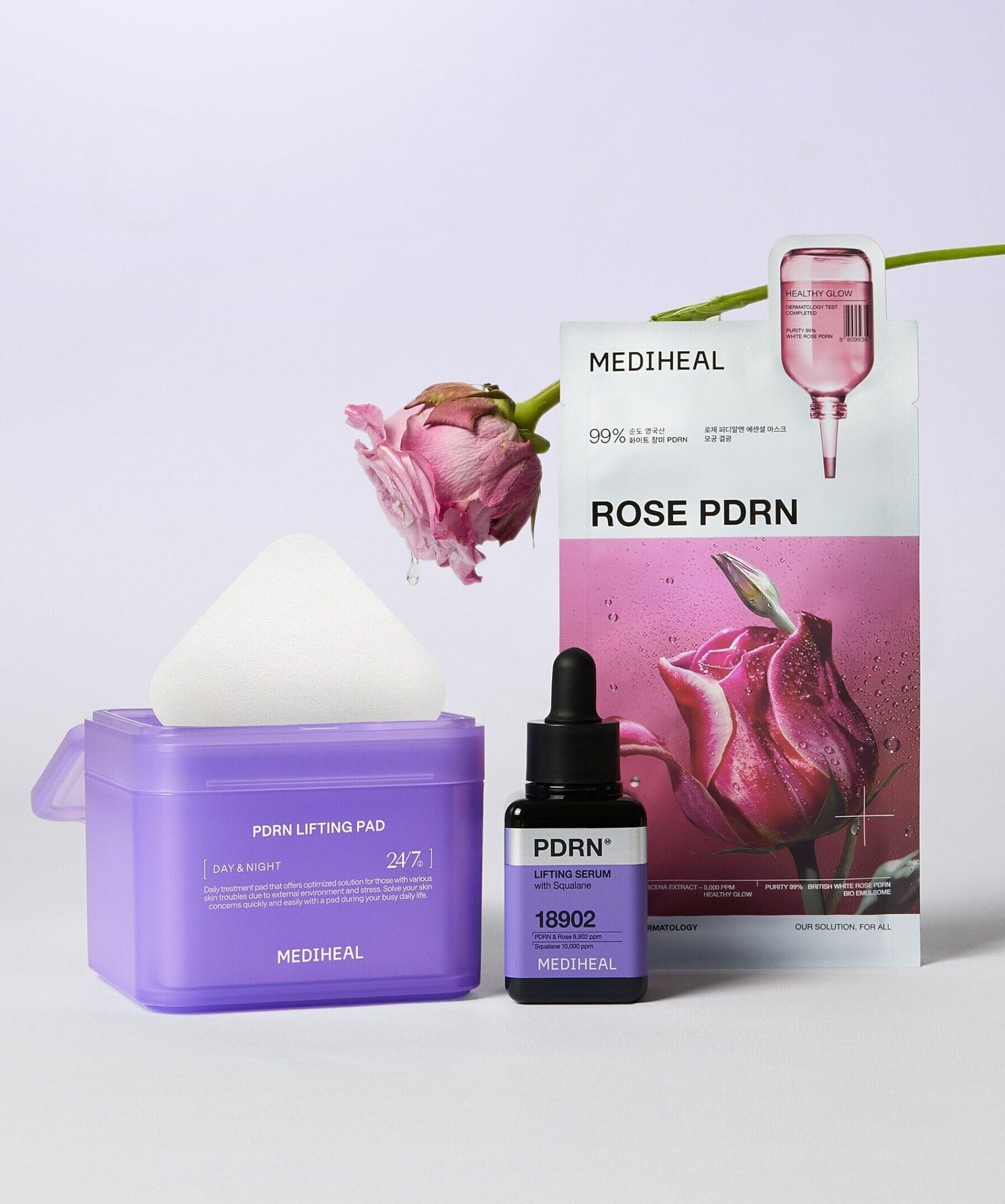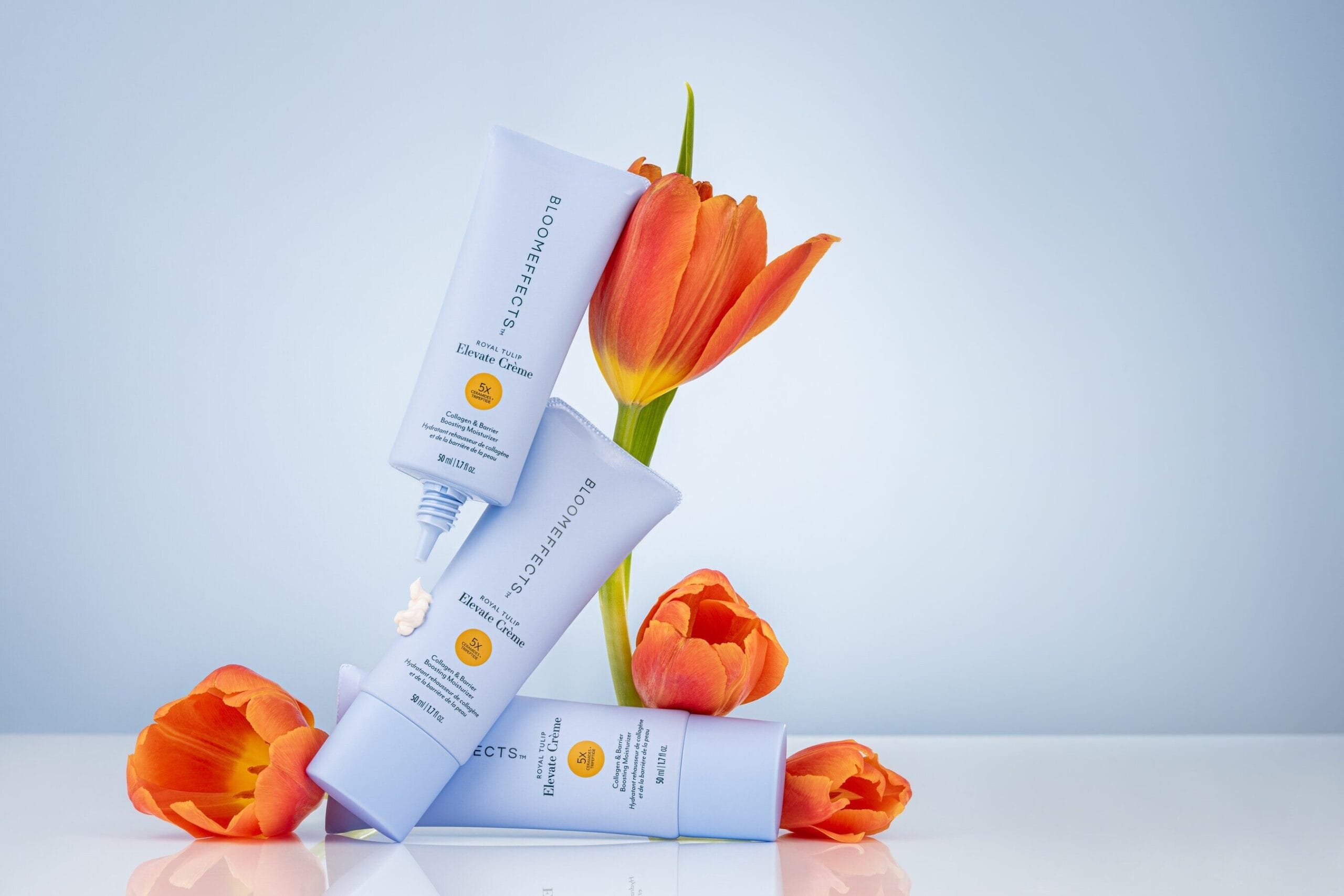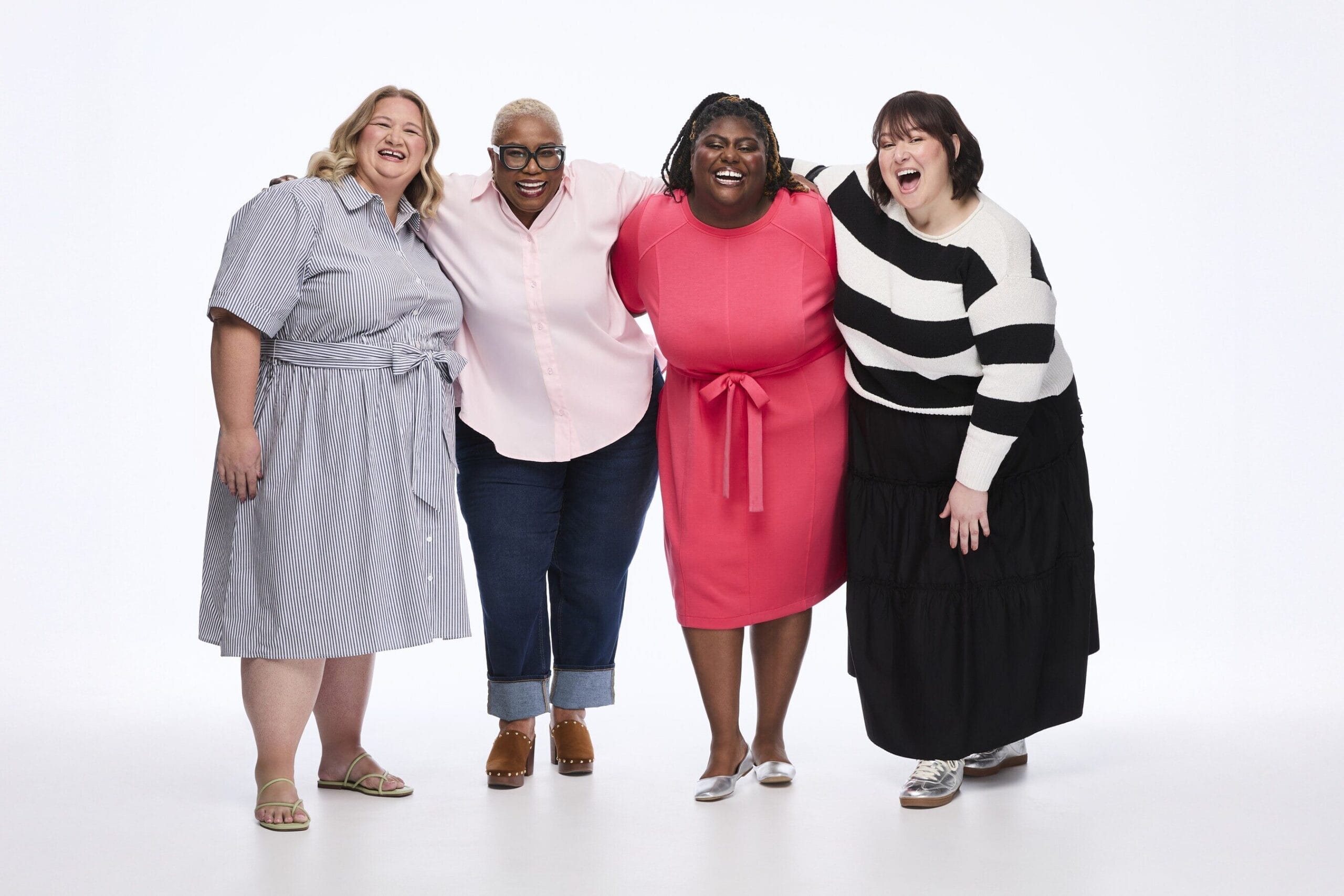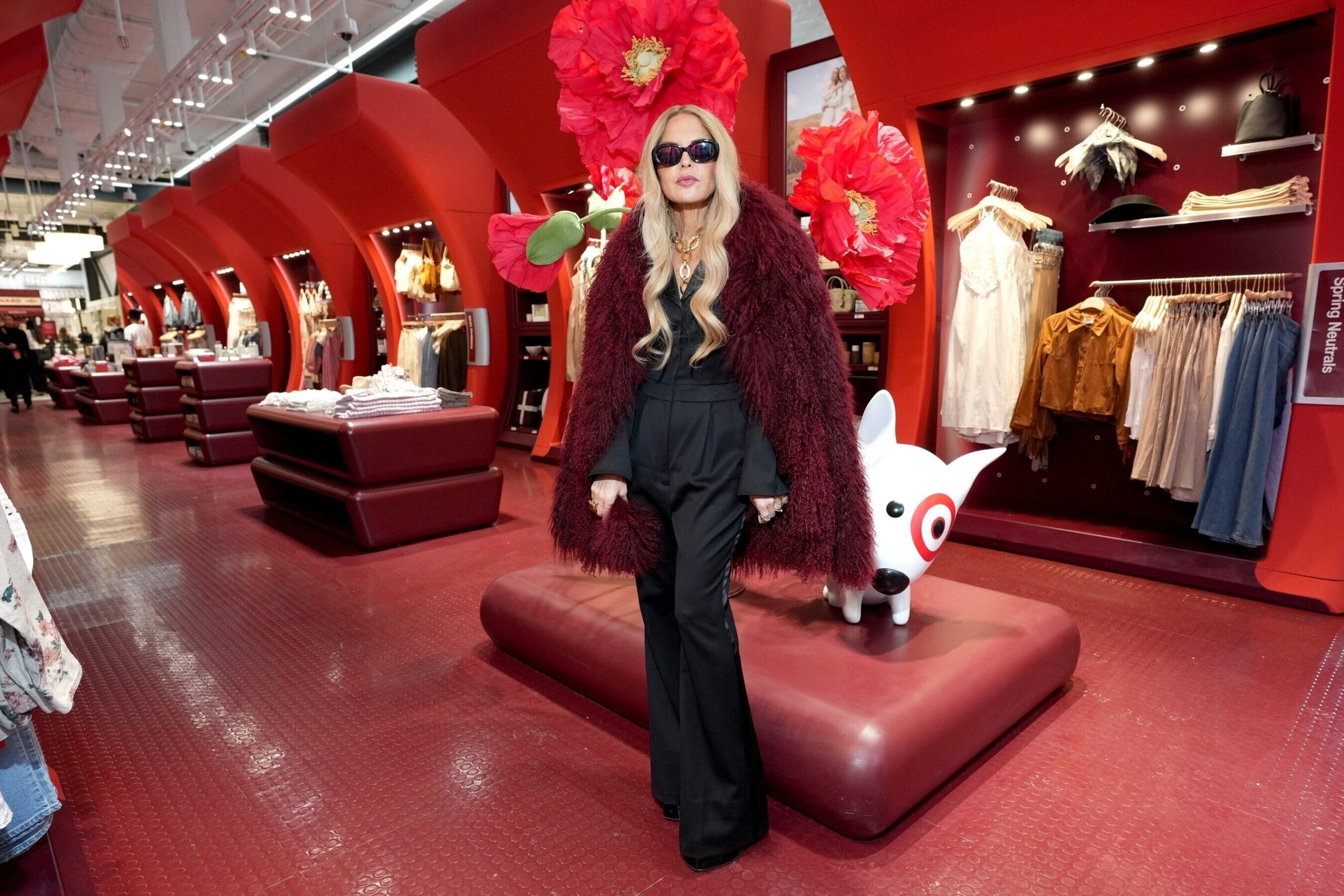The US Consumer Product Safety Commission (CPSC) has issued a stark warning to parents and consumers regarding counterfeit Labubu dolls currently circulating in the market. Marketed as both plush figures and keychains, these knockoff dolls pose a serious choking risk for children, leading to federal action to block their import and sale.
“These fakes, sold both as plush figures and plush keychains, are small enough for a child to fit the doll in their mouth and block their airway,” said the CPSC in a statement. The agency noted that, in addition to their unsafe design, reports have surfaced of some fake Labubu dolls breaking apart easily, releasing small fragments that can also be inhaled or swallowed.
Blocking Dangerous Imports
CPSC investigators have identified multiple shipments of these imitation Labubu toys attempting to enter the United States from China. Thousands of units have already been seized at ports after inspections confirmed that the toys violated federal safety regulations regarding products with small parts intended for children.
“These fake Labubu dolls are dangerous, illegal, and have no place in American homes,” said CPSC Acting Chairman Peter A. Feldman. “No parent should have to wonder if a toy will stop their child from breathing. Protect your children and buy only from reputable sellers.”
Federal law prohibits the import or sale of consumer goods that fail to meet CPSC safety standards. The Commission has emphasized that it will continue aggressive enforcement at ports of entry, working to intercept unsafe toys before they reach American families.
Spotting the Counterfeits
Alongside the enforcement actions, the CPSC is calling on parents to be vigilant when buying popular collectibles like Labubu dolls. Since fakes are often distributed through online marketplaces or discount shops, spotting the red flags can be the difference between a safe toy and a dangerous counterfeit.
The CPSC advises consumers to look for the following key details:
Beware of bargains: Deep discounts or prices that seem “too good to be true” can be a strong indicator that the product is not genuine.
Check the packaging: Authentic Pop Mart Labubu dolls carry a holographic Pop Mart sticker, a scannable QR code leading to the official Pop Mart website, and, in newer editions, a subtle UV stamp on one foot.
Examine the details: Counterfeits often display overly bright or off-tone coloring, or incorrect features such as the wrong number of teeth (authentic Labubu dolls should always have nine).
Know your seller: When possible, purchase only through trusted retailers or verified online shops.
Look for safety labeling: Toys with small parts must carry proper choking hazard warnings and independent safety certification marks.
By taking these steps, parents can help ensure they are bringing home safe, compliant toys that meet U.S. safety requirements.
International Concerns
The issue of counterfeit toys is not limited to the U.S. Earlier this year, the Chartered Trading Standards Institute (CTSI) in the United Kingdom released a similar warning about fake Labubu dolls flooding into local markets. Much like in the United States, these counterfeits bypass safety testing standards in favor of quick profits, with children facing the consequences.
Globally, counterfeit toys are a rising concern. According to trade analysts, seizures of fake branded toys at international ports have increased in recent years, driven by both the growing popularity of collectible characters as well as the rise in e-commerce platforms where unverified sellers can easily reach consumers.
Parents Carry the Final Responsibility
While the CPSC continues to monitor shipments and seize batches of toys at U.S. ports, consumer awareness remains the first line of defense when counterfeit goods slip through the cracks.
With the popularity of Labubu collectibles skyrocketing among both children and adult fans, counterfeiters are eager to exploit demand with cheap imitations. The risks are clear: choking hazards, non-compliance with safety standards, and unknown material quality.
For families intent on collecting, the advice is straightforward: stick to official avenues of purchase, watch for authenticity markers, and avoid deals that seem suspiciously cheap.



















